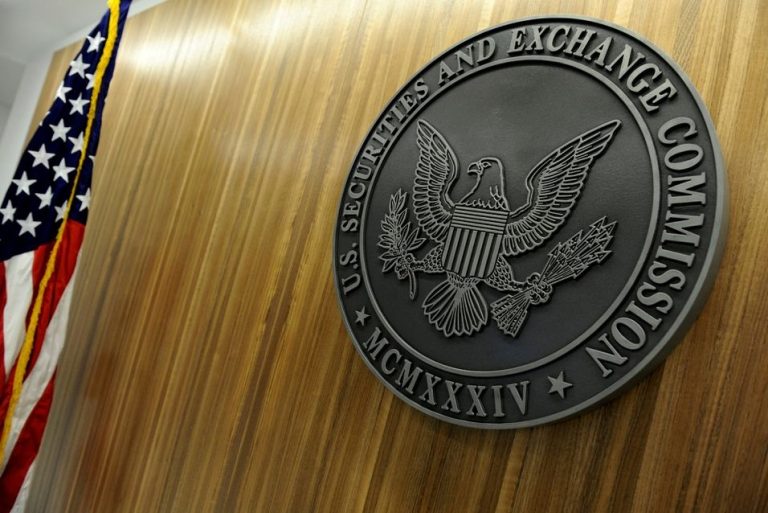
The US Securities and Exchange Commission (SEC) has filed a lawsuit against Binance, the world’s largest cryptocurrency exchange by trading volume, accusing it of violating US securities laws and deceiving US investors. The lawsuit, which was filed on June 5, 2023, alleges that Binance and its CEO Changpeng Zhao (CZ) implemented a plan to evade US regulation and operate an unlicensed securities exchange in the US.
According to the SEC, Binance devised a scheme called the “Tai Chi plan”, which involved creating a separate entity called Binance.US that would act as a decoy for US regulators and enforcement actions, while Binance continued to serve US customers through its main platform. The SEC claims that Binance and CZ controlled Binance.US behind the scenes, and that Binance.US was not independent or compliant with US laws.
According to a 2020 Forbes report, which cited a leaked document from 2018, the Tai Chi plan was a strategy devised by Binance to create a separate entity in the US that would act as a decoy for regulators and law enforcement, while the main exchange would continue to serve US customers through VPNs and other methods. The plan also involved moving funds between the two entities and using influencers and lobbyists to sway public opinion and regulatory decisions.
Tekedia Mini-MBA edition 16 (Feb 10 – May 3, 2025) opens registrations; register today for early bird discounts.
Tekedia AI in Business Masterclass opens registrations here.
Join Tekedia Capital Syndicate and invest in Africa’s finest startups here.
The SEC also alleges that Binance mixed billions of dollars in customer funds and secretly transferred them to a separate company controlled by CZ, putting customer assets at risk. The SEC says that Binance failed to disclose these transfers to its customers or regulators, and that it violated anti-money laundering and investor protection rules.
The SEC is seeking injunctive relief, disgorgement of ill-gotten gains, civil penalties, and a permanent ban on Binance and CZ from operating in the US. The SEC says that its action is necessary to protect US investors and markets from fraud and manipulation by unregulated entities.
Binance has denied the allegations and vowed to vigorously defend itself in court. Binance says that the allegations are “simply wrong” and that it has always complied with applicable laws and regulations. Binance also says that all customer assets on Binance and Binance affiliate platforms, including Binance.US, are safe and secure.
The SEC alleges that Binance and CZ knowingly allowed US customers to access Binance.com through various means, such as using virtual private networks (VPNs) to mask their IP addresses or using third-party intermediaries to transfer funds. The SEC also alleges that Binance and CZ failed to implement adequate anti-money laundering (AML) and know-your-customer (KYC) policies and procedures, and mixed billions of dollars of customer funds with their own funds in offshore accounts.
The SEC is seeking injunctive relief, disgorgement of ill-gotten gains, civil penalties, and permanent bans on Binance and CZ from engaging in any securities-related activities in the US. The SEC also wants Binance and CZ to register Binance.US as a securities exchange and comply with all applicable laws and regulations.
The lawsuit is the latest in a series of regulatory actions against Binance by various authorities around the world. Binance has faced scrutiny from regulators in China, Japan, UK, Germany, Italy, Singapore, Canada, Brazil, Thailand, Cayman Islands, and Hong Kong over its compliance with local laws and regulations. Binance has also been sued by several customers who claim that they lost money due to technical glitches, hacks, or unfair practices by the exchange.
The SEC has been cracking down on what it considers unregistered securities offerings and fraudulent schemes in the crypto space, such as initial coin offerings (ICOs), decentralized finance (DeFi) protocols, stablecoins, and lending platforms. The SEC has also been pursuing enforcement actions against individuals and entities that promote or facilitate these activities, such as influencers, brokers, exchanges, and custodians.
The outcome of the lawsuit could have significant implications for the future of crypto regulation in the US and globally. The SEC’s case could set a precedent for how other regulators treat crypto exchanges and platforms that operate across borders and jurisdictions. The lawsuit could also affect the growth and innovation of the crypto industry, as well as the adoption and acceptance of cryptocurrencies by mainstream investors and institutions.



